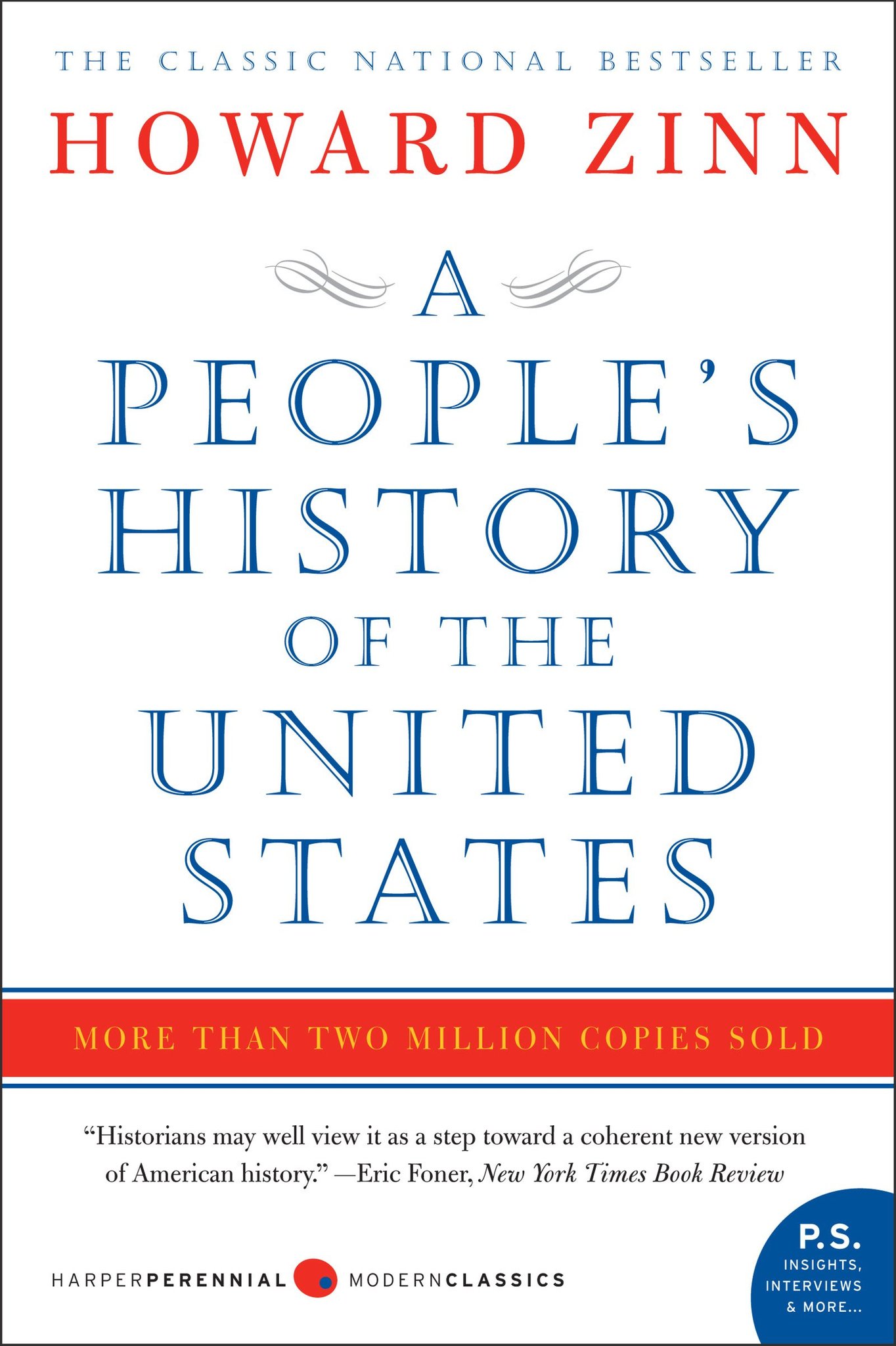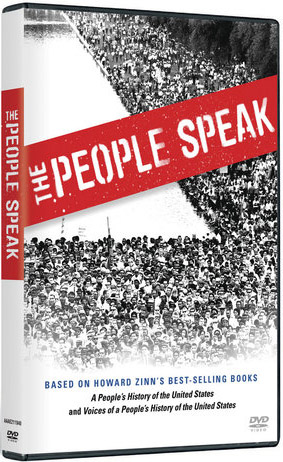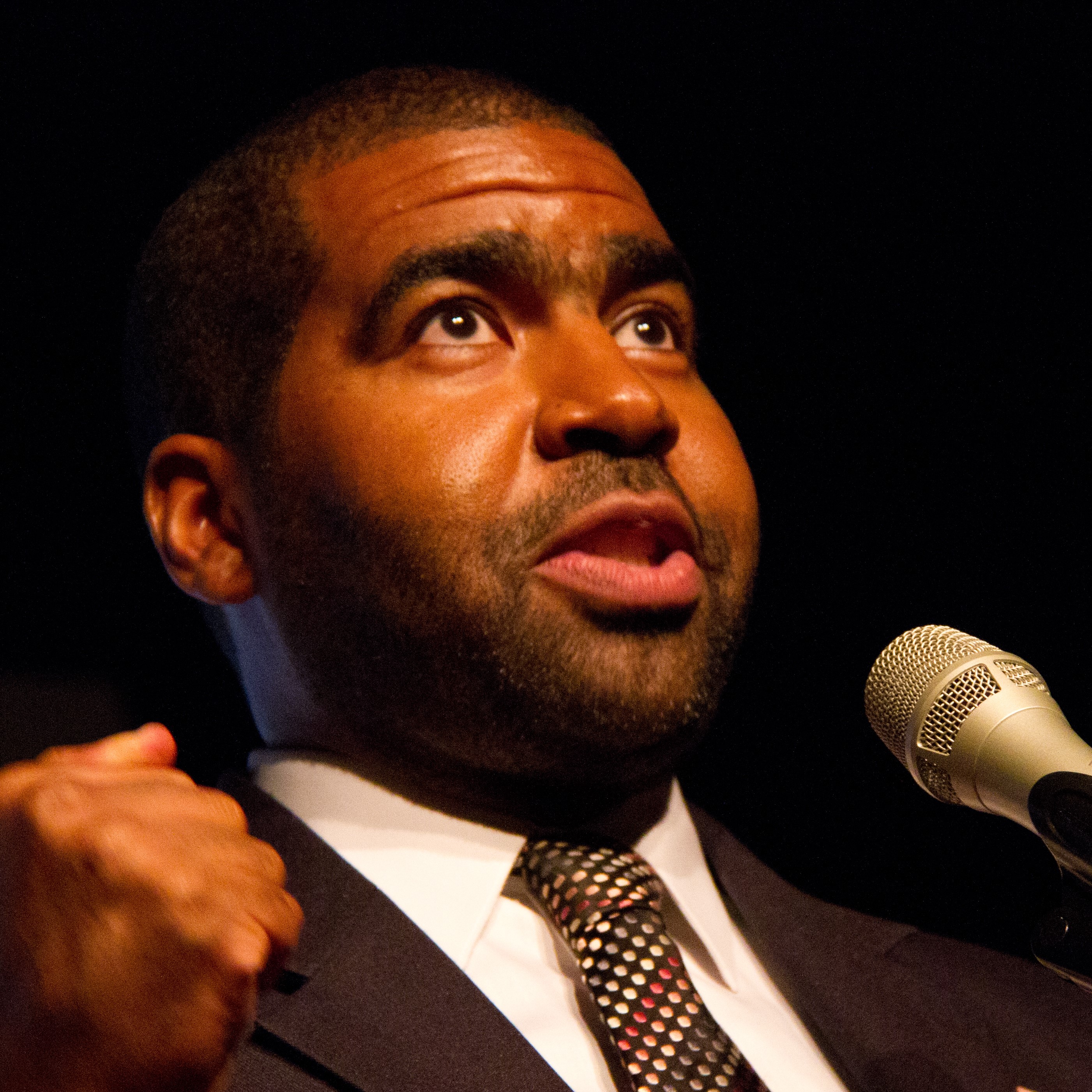America Past and Present Ap Edition Chapter 21
Books: Non-Fiction
A People's History of the United States: 1492 – Present
Books - Non-fiction. By Howard Zinn. 2005, with a new introduction by Anthony Arnove in 2015. 784 pages. Howard Zinn's groundbreaking work on U.S. history. This book details lives and facts rarely included in textbooks—an indispensable teacher and student resource.
Time Periods: Colonization: 1492 - 1764, Revolution & Constitution: 1765 - 1799, Early 19th Century: 1800 - 1849, Civil War Era: 1850 - 1864, Reconstruction Period: 1865 - 1876, Industrial Revolution: 1877 - 1899, Turn of the Century: 1900 - 1909, World War I: 1910 - 1919, Prosperity, Depression, & World War II: 1920 - 1944, Cold War: 1945 - 1960, People's Movement: 1961 - 1974, Post-Civil Rights Era: 1975 - 2000, 2001 - Present, All US History
Themes: African American, Reconstruction, Civil Rights Movements, Democracy & Citizenship, Economics, Education, Immigration, Imperialism, Labor, Laws & Citizen Rights, Native American, Organizing, Racism & Racial Identity, Slavery and Resistance, Social Class, US Foreign Policy, Wars & Related Anti-War Movements, Women's History
 Since its original landmark publication in 1980, A People's History of the United States has been chronicling U.S. history from the bottom up.
Since its original landmark publication in 1980, A People's History of the United States has been chronicling U.S. history from the bottom up.
Known for its lively, clear prose as well as its scholarly research, A People's History tells U.S. history from the point of view of — and in the words of — America's women, factory workers, African-Americans, Native Americans, the working poor, and immigrant laborers.
As historian Howard Zinn shows, many of our country's greatest battles — the fights for a fair wage, an eight-hour workday, child-labor laws, health and safety standards, universal suffrage, women's rights, racial equality — were carried out at the grassroots level, against bloody resistance. Covering Christopher Columbus's arrival through President Clinton's first term, A People's History of the United States features insightful analysis of the most important events in U.S. history.

Library Journal calls Howard Zinn's A People's History of the United States "a brilliant and moving history of the American people from the point of view of those. . . whose plight has been largely omitted from most histories." Packed with vivid details and telling quotations, Zinn's award-winning classic continues to revolutionize the way U.S. history is taught and remembered.
The book has appeared in popular media, like The Sopranos, The Simpsons, Good Will Hunting, Lady Bird, and the History Channel documentary The People Speak. [Publisher's description.]
More than two million copies sold.
The 35th anniversary edition, published in November of 2015, includes a new introduction by Anthony Arnove. He begins,
Howard Zinn fundamentally changed the way millions of people think about history with A People's History of the United States. He would be the first to say, however, that he didn't do so alone. The book grew out of his awareness of the importance of social movements throughout U.S. history, some of which he played an active role in during the 1960s and 1970s and beyond, namely the Civil Rights Movement, mass mobilizations to end the Vietnam War, as well as other antiwar movements, and the many movements for higher wages and workers' rights and the rights of women, Latinos, Native Americans, gays and lesbians, and others.
ISBN: 9780062397348 | Published by HarperCollins.
Teacher Quotes

As a teacher, the Zinn Education Project website is invaluable because it provides activities that directly relate toA People's History. Last week we did The People vs. Columbus, et al. which places all the parties involved in the arrival of Columbus on trial for the murder of the Tainos. The activity was so interactive that teachers from other classrooms had to ask us to quiet down. Students were able to better understand the motives and consequences behind the arrival.
Even thoughA People's History can be a bit difficult for some students, the activities on the Zinn Education Project website makes the content accessible regardless of their reading level.
—Julian Hipkins III
HIgh School Administrator, Washington, District of Columbia

I read A People's History of the United States in the summer before my junior year of high school — fifteen years ago now. It was an interesting time. This would have been 2005-2006, so the wars in Iraq and Afghanistan were well underway, and I was beginning to pay attention to what those around me were saying about war.
As I sat in Boston Common reading my paperback copy of A People's History, I must have had dozens of people come up to me to tell me how much it had changed their lives. Some were former students, some were fans, some were college students reading Zinn for the first time. Howard Zinn gave me a gift — a radical awakening. His work has that kind of power. You don't forget injustice easily, and he unearths the injustices the other textbooks would rather forget.
I had the distinct honor of meeting Zinn when he gave the opening remarks at an adaptation of Grace Paley's work. For all that Zinn was — activist, educator, historian, pacifist, mensch — he reminded me of why our people fight for justice. I love the long, anti-capitalist, anti-white supremacist tradition he carried forward as a Jew. We are obligated by our religion to fight for all who are oppressed, and every time I read Zinn, I am graced with that reminder, and that memory.
I believe in the power of radical change through progressive education and fully support the work of the Zinn Education Project.
—Becky Eidelman
Urban and Environmental Policy and Planning Graduate Student, Boston, Massachusetts
I routinely use A People's History of the United States in my APUSH class to differentiate between the narrative and facts. We always read the chapter on Christopher Columbus to really set the standard on how history has been romanticized away from truth to promote pure patriotism.
—Tyler George
High Social Studies Teacher, Clinton, Michigan
From A People's History of the United States, I use Howard Zinn's chapter on the U.S. -Mexico War as a starting point to teach my students Imperialism, Manifest Destiny, and Westward Invasion.
Along with the book, students read primary sources from many sources, including Lincoln and Frederick Douglass. These sources have even inspired their own anti-war protest signs.
—April Tondelli
History Teacher, Chicago, Illinois

Because of this book, I understood early in my college career the importance of the true, unfiltered words of the actual actors in a historical event. As a result, I was drawn further into the study of history and, eventually, into my career as a history teacher. What A People's History brought to my attention is that American history is much more interesting than that. Our history is an exciting, sometimes appalling, struggle for power and that makes us just like every other country that has ever existed.
A long list of "good guys" with no one to struggle with is neither a true story nor a good story. It doesn't resonate because it leads the student to believe that we are all waiting for the next exceptional leader, instead of becoming a force for change in our own communities. A People's History helped me recognize this as a student of history and inspires my attempt to bring true stories to young people, weary of the inaccessible lists that history teaching has become.
—Reynolds Bodenhamer
HIgh School Social Studies Teacher, Gulfport, Mississippi
In my classroom, I use Chapter One from A People's History of the United States — the arrival of Columbus — juxtaposed with the "textbook's" telling of the impact of Columbus' arrival.
My students focus particularly on the primary sources therein to discuss perspectives of history, and how history is recorded and retold. Who decides which history is learned?
—Stefanie Santangelo
Teacher, Oakton, Virginia

In my first year of teaching 15 years ago, I was browsing local bookstores for resources that could supplement the textbook that I resented. I became a history teacher to help students make history a living part of their lives and the textbook seemed to have the opposite effect. I grabbedA People's History of the United States and have yet to put it down.
The way in which Howard Zinn makes history compelling for students is undeniable and a resource that I have decided I — and my students — cannot be without. Many students who find themselves in alternative programs will often say that teachers never made school interesting. Zinn's work gave me the resource I needed to capture the internal sense of justice so many urban students have. As an educator, I am filled with excitement that although I opened the window with the help of Howard Zinn, they have made the effort to examine what is outside.
—Dawn Fontaine
High School Social Studies Teacher, Springfield, Massachusetts
Read more quotes from teachers about the impact of Howard Zinn andA People's History of the United Stateson their work.
Table of Contents
Chapter 1. Columbus, the Indians, and Human Progress
Chapter 2. Drawing the Color Line
Chapter 3. Persons of Mean and Vile Condition
Chapter 4. Tyranny Is Tyranny
Chapter 5. A Kind of Revolution
Chapter 6. The Intimately Oppressed
Chapter 7. As Long as Grass Grows or Water Runs
Chapter 8. We Take Nothing by Conquest, Thank God
Chapter 9. Slavery Without Submission, Emancipation Without Freedom
Chapter 10. The Other Civil War
Chapter 11. Robber Barons and Rebels
Chapter 12. The Empire and the People
Chapter 13. The Socialist Challenge
Chapter 14. War Is the Health of the State
Chapter 15. Self-help in Hard Times
Chapter 16. A Peoples War?
Chapter 17. Or Does It Explode?
Chapter 18. The Impossible Victory: Vietnam
Chapter 19. Surprises
Chapter 20. The Seventies: Under Control?
Chapter 21. Carter-Reagan-Bush: The Bipartisan Consensus
Chapter 22. The Unreported Resistance
Chapter 23. The Coming Revolt of the Guards
Chapter 24. The Clinton Presidency
Chapter 25. The 2000 Election and the "War on Terrorism"
America Past and Present Ap Edition Chapter 21
Source: https://www.zinnedproject.org/materials/peoples-history-of-the-united-states